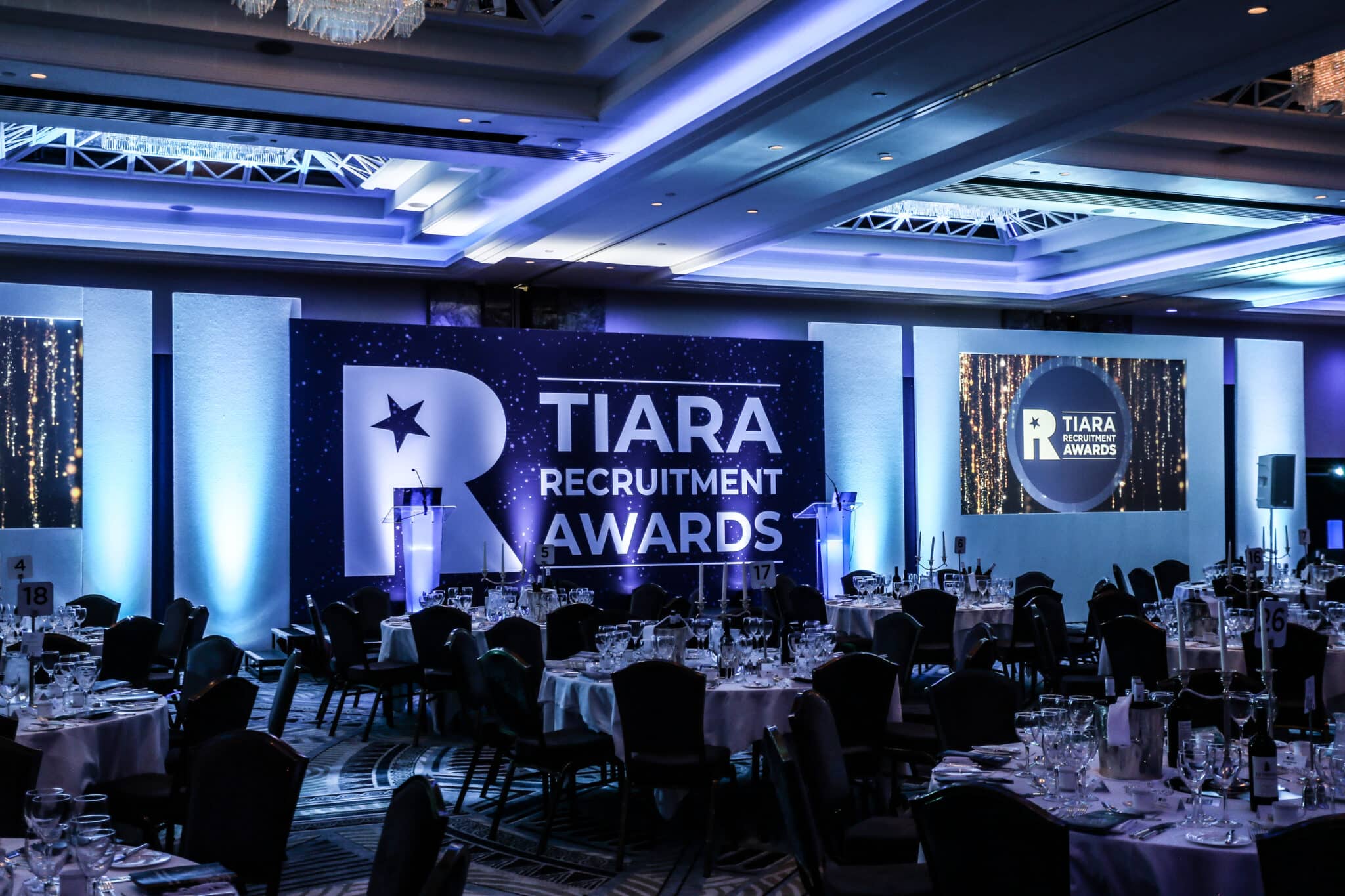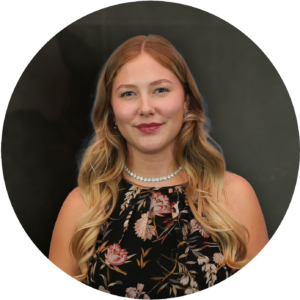We recently spoke to TIARA Awards Judge Matt Jelley, CRO at 3B for Salesforce, about what meaningful innovation really looks like in the recruitment industry. From the power of Agentic AI to the importance of balancing automation with human connection, Matt shares how technology can solve real recruiter challenges – not just follow trends. As a first-time judge for the TIARA Awards, he also reveals what he’ll be looking for in this year’s standout entries.
Alex Evans: How do you define meaningful innovation within the recruitment sector?
Matt Jelley: At 3B for Salesforce, we believe solutions that solve real operational headaches for recruiters is what defines meaningful innovation within the sector. This doesn’t mean adding a variety of different software and solutions that bandage up individual issues, but instead carefully adding tools that integrate seamlessly into existing workflows.
There is a lot of conversation around Automation and AI within the recruitment industry, and rightly so. However, the kind of AI is what we believe separates those following industry trends, and those actively involved in true innovation. Agentic AI is proving to be the future of the recruitment industry, and introducing this into workflows is the revolution we look to seek, as it moves beyond AI being used for task execution, and instead automatically completes end-to-end workflows based on a trigger (such as receiving an email, or a completed form) without the need for human intervention.
Agentic AI can be really powerful when used correctly, and can complete tasks such as automated reference checking, that saves recruiters time without compromising quality or compliance. Observing Agentic AI working in capacities like this is truly valuable to the recruitment industry and displays meaningful innovation that sets apart organisations who are actively making a change.
AE: What qualities or initiatives will you be looking for in entries to The 3B Innovation Award category?
MJ: For the 3B Innovation Award, I will be looking for three main qualities in our winner. The first is introducing solutions that are scalable and repeatable, rather than quick fixes or solving one off issues. That means thinking beyond the immediate task at hand and designing approaches that can be used across teams, clients or processes. You should be laying the groundwork for long-term efficiency and impact, rather than focusing on short-term wins.
The second quality I will be looking for is clear evidence of real impact, and that could be reduced time-to-hire, saving hours of manual effort, or even creating stronger client relationships. Whatever it may be, I will be looking for results that can be backed up by data or tangible outcomes. The key is that innovation has led to meaningful and measurable progress.
Finally, I would like to see evidence as to how this innovation improves the recruiters’ workload. Something we hold at a very high value at 3B for Salesforce is using AI to automate the admin, such as vetting compliance documents, that frees up recruiters’ time, and allows them to manage by exception. Using AI and Automation to this level shows real innovation within the recruitment industry.
I am incredibly excited to be a TIARA judge for the first time, and I’m hoping this experience allows me to gain a better understanding of the opportunities and challenges that recruiters are facing.
AE: In your view, what should recruiters be innovating or improving in recruitment to compete more successfully or add more value?
MJ: I believe that recruiters should be adopting automation to improve candidate engagement in order to be more competitive across the industry. However, there is a balance to ensure that the process still feels personal rather than robotic. Using AI to automate standard pre-screening questions is a great way to make sure that recruiters are only speaking to those who would qualify for the role at hand, but an entirely automated process with no human touchpoints does not serve the candidate and will therefore negatively impact their engagement.
We often get asked why Agentic AI and Automation is so powerful within the recruitment industry, and the truth is that it adds more value to organisations as they become more efficient. Individual recruiters are able to spend more time on fee-earning activities and building relationships that AI cannot replicate, whilst the automation handles the admin for them, and allows them to manage by exception.
Whilst recruiters are focused on adding more value, they cannot let onboarding and compliance slip. These are areas that can actually be improved by AI and Automation by collecting and verifying documents such as passports and qualifications. This is especially important in the temp-worker space where credentials are needed to approve candidates for certain roles and shifts. Adopting automation from initial pre-screening through to shift scheduling is an incredibly well-rounded approach to innovation, and certainly something recruiters should be focused on.
AE: Recruiters have tended to show their creativity and resilience in more challenging markets. How is tech enabling them to innovate more boldly but more quickly and cheaply?
MJ: Recruiters are some of the most resilient professionals in an industry that is constantly changing. The most resilient of recruiters will understand that tech can aid them to be more powerful, rather than tools they need to fear.
Agentic AI will be widely adopted in the recruitment industry, as you are able to create workflows that allow AI to automatically begin tasks, based on triggers, without the need of human intervention or prompts. This will change how recruiters work, and they will need to adapt to this change by understanding that most of the admin will be taken out of their hands so they are able to do what they do best: build relationships and make great hires.
They will no longer need to chase expired passports, or shift preferences, but instead they will be able to use that time to expand their business development and take on new clients. They will be able to hire the best candidates, at a much faster rate, allowing recruiters to generate more revenue. Recruiters that see tech and automation for its true potential will be the top recruiters in their field, all because they are open-minded and resilient in the face of change.
Recruitment agencies should not view tech and automation tools as an opportunity to reduce headcount, but instead as opportunities to increase efficiency and revenue.
AE: How important is it for recruitment agencies to balance technology-driven innovation with the human element in client service and candidate experience?
MJ: It is of the utmost importance for recruitment agencies to balance tech innovation with recruiters that are able to deliver the personal aspects in client service and candidate experience. There is a lot of fear across the industry that AI will replace the need for recruiters, but that couldn’t be further from the truth.
The best recruiters are relationship builders, they connect with candidates and clients alike, they sell opportunities, and allow candidates to visualise themselves in a new, potentially better role. None of this can ever be replaced by AI, at least not to a great standard.
Recruitment agencies should not view tech and automation tools as an opportunity to reduce headcount, but instead as opportunities to increase efficiency and revenue. The same volume of recruiters will now be able to deliver twice as much as they were before.
The real win for recruitment agencies to embrace is using Automation and AI to deliver more human interactions, not fewer. The ability to screen out candidates that won’t pass preliminary stages means less time wasted for recruiters, who are then able to utilise that time speaking with candidates who are the perfect fit, allowing them to truly sell the role and opportunity at hand.
AE: As a first-time TIARA judge, what are you personally hoping to learn or take away from being involved in this year’s awards?
MJ: I am incredibly excited to be a TIARA judge for the first time, and I’m hoping this experience allows me to gain a better understanding of the opportunities and challenges that recruiters are facing. It isn’t called The 3B Innovation Award for nothing – innovation is at the heart of 3B for Salesforce, and we aim to create and deliver products that solve real market issues, and the only way for us to keep up to date with these issues is to continue taking part in opportunities like this, that allow us to have real conversations about what is missing within the recruitment industry.
Being a TIARA judge also means that I am able to connect with others that are innovating in the recruitment industry, and to celebrate those who are doing it well. It is a chance to recognise the people who are not only coming up with new ideas, but actually delivering them and bringing them to life in a way that creates real value. I’m looking forward to learning from different perspectives, and being part of a community that is genuinely pushing the industry forward.
Entries are open now for the 2025 TIARA Recruitment Awards UK&I, find out more about entering here.







